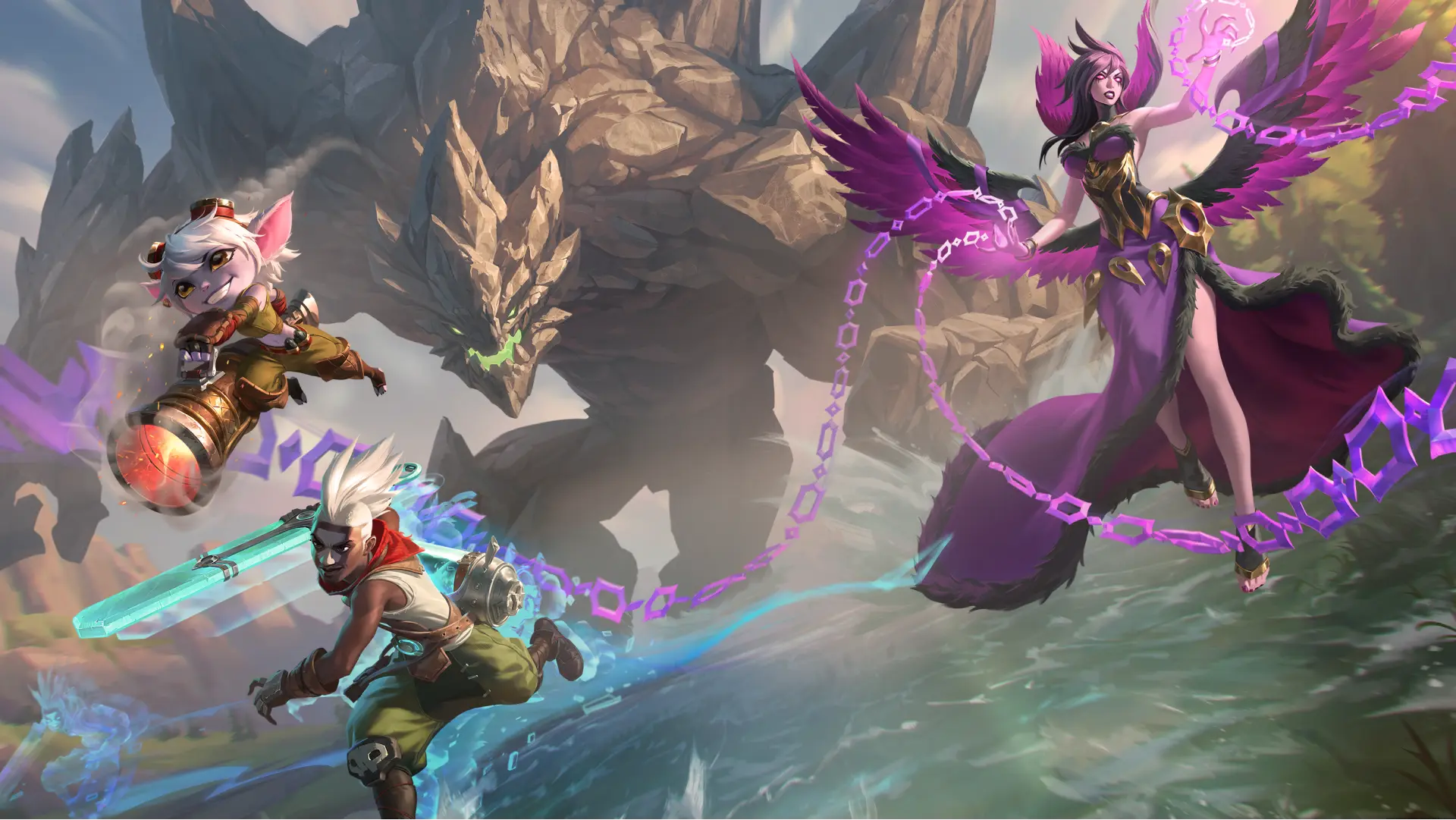MMORPG stands for Massively Multiplayer Online Role-Playing Game. It is a genre of video games that engages a large number of players simultaneously in a shared virtual world. These games often blend elements from role-playing games (RPG) with massive online gaming experiences, allowing players to explore expansive worlds, complete quests, and interact with other players. In this article, we will delve deeper into the defining characteristics of MMORPGs, their evolution, and highlight some of the most popular MMORPG games available today.
Key Features of MMORPGs
Understanding the key features that distinguish MMORPGs from other video games is crucial for anyone interested in this genre. Here are some notable characteristics:
- Open-World Environment: Players can explore vast landscapes, cities, and diverse ecosystems.
- Persistent Game World: The game continues to exist and evolve even when players are logged off.
- Player Interaction: Players can communicate, form friendships, and collaborate on quests.
- Character Development: Players create and customize their characters, gaining skills and abilities over time.
- Quests and Missions: Engaging missions that encourage exploration and competition.
How MMORPGs Have Evolved
The MMORPG genre has evolved significantly since its introduction in the late 1990s. Early games were text-based or had rudimentary graphics. However, with advancements in technology and audiovisual design, MMORPGs have developed into visually immersive experiences. The advent of broadband internet made it easier for players to connect and enjoy these vast worlds.
The Evolution of Gameplay
Initially, MMORPGs focused heavily on grinding—completing repetitive tasks to progress. However, modern MMORPGs aim to offer varied gameplay experiences, incorporating intricate storylines and character quests. Events, raids, and faction systems have also been introduced to enhance player engagement.
Popular MMORPG Games
With the robust evolution of MMORPGs, many titles stand out among the crowd. Let’s list some of the most popularly played MMORPG games:
- World of Warcraft (WoW): Released in 2004, World of Warcraft redefined the MMORPG landscape and continues to attract millions of players globally.
- The Elder Scrolls Online: Launched in 2014, this game allows players to explore Tamriel in a rich, immersive universe.
- Final Fantasy XIV: This game is known for its engaging storyline and high production values, attracting a large Japanese and international player base.
- Guild Wars 2: Known for its dynamic event system and emphasis on community participation.
- Black Desert Online: This game stands out for its graphics, detailed character customization, and sandbox elements.
Comparative Analysis of Popular MMORPGs
Different MMORPGs cater to varying player preferences, from casual gamers seeking social interaction to hardcore players aiming for complex strategies. Here’s a brief comparison of some popular titles:
| Game | Release Year | Player Base | Key Features |
|---|---|---|---|
| World of Warcraft | 2004 | Over 100 million accounts | Vast open world, rich lore, and regular expansions |
| The Elder Scrolls Online | 2014 | Approximately 15 million | Diverse character classes, story-driven quests |
| Final Fantasy XIV | 2010 | Over 20 million | High-quality graphics, strong narrative focus |
| Guild Wars 2 | 2012 | Around 11 million | Dynamic events, no subscription required |
| Black Desert Online | 2015 | Over 10 million | Stunning visuals, in-depth crafting systems |
Community and Social Aspects of MMORPGs
The community plays an essential role in the MMORPG experience. Players often form guilds, alliances, and friendships that extend beyond the game itself. Social interaction is facilitated through various features:
- In-game chat systems: These allow players to communicate with each other instantly.
- Team-based gameplay: Encouraging collaborative strategy and execution during raids or missions.
- User-generated content: Players can create and share their content, enhancing community engagement.
The Role of Events and Updates
Most MMORPGs frequently release updates, patches, and in-game events to keep the content fresh. Seasonal events often provide unique rewards that motivate players to participate. This constant evolution of content helps retain player interest and encourages frequent log-ins.
Conclusion: The Future of MMORPGs
MMORPGs have come a long way since their inception. As technology continues to advance, one can expect to see even more immersive experiences in the future. Multiple devices will allow for cross-platform play, ensuring players can connect no matter where they are. The genre is continually expanding, not only in terms of player base but also in innovation and gameplay mechanics. For those new to gaming or long-time fans, exploring the world of MMORPGs can provide countless hours of entertainment and social interaction.
In summary, MMORPGs are a unique segment of the gaming world that combines teamwork, strategy, and exploration. With so many popular MMORPG games out there, there’s sure to be one that appeals to every type of gamer.
For more information and discussions about MMORPGs, consider visiting platforms such as MMORPG.com where gamers come together to share experiences, tips, and insights.




.webp)

